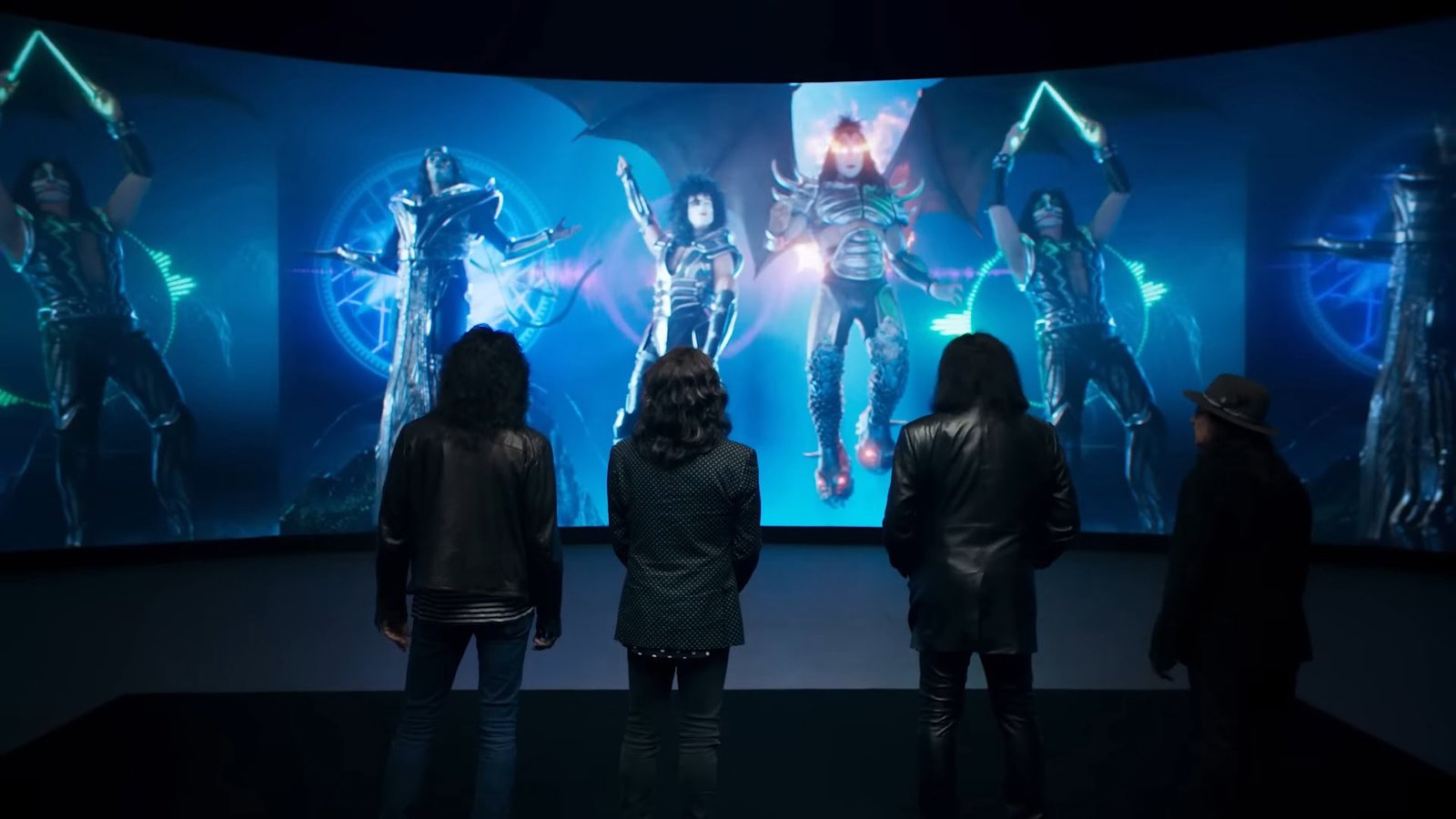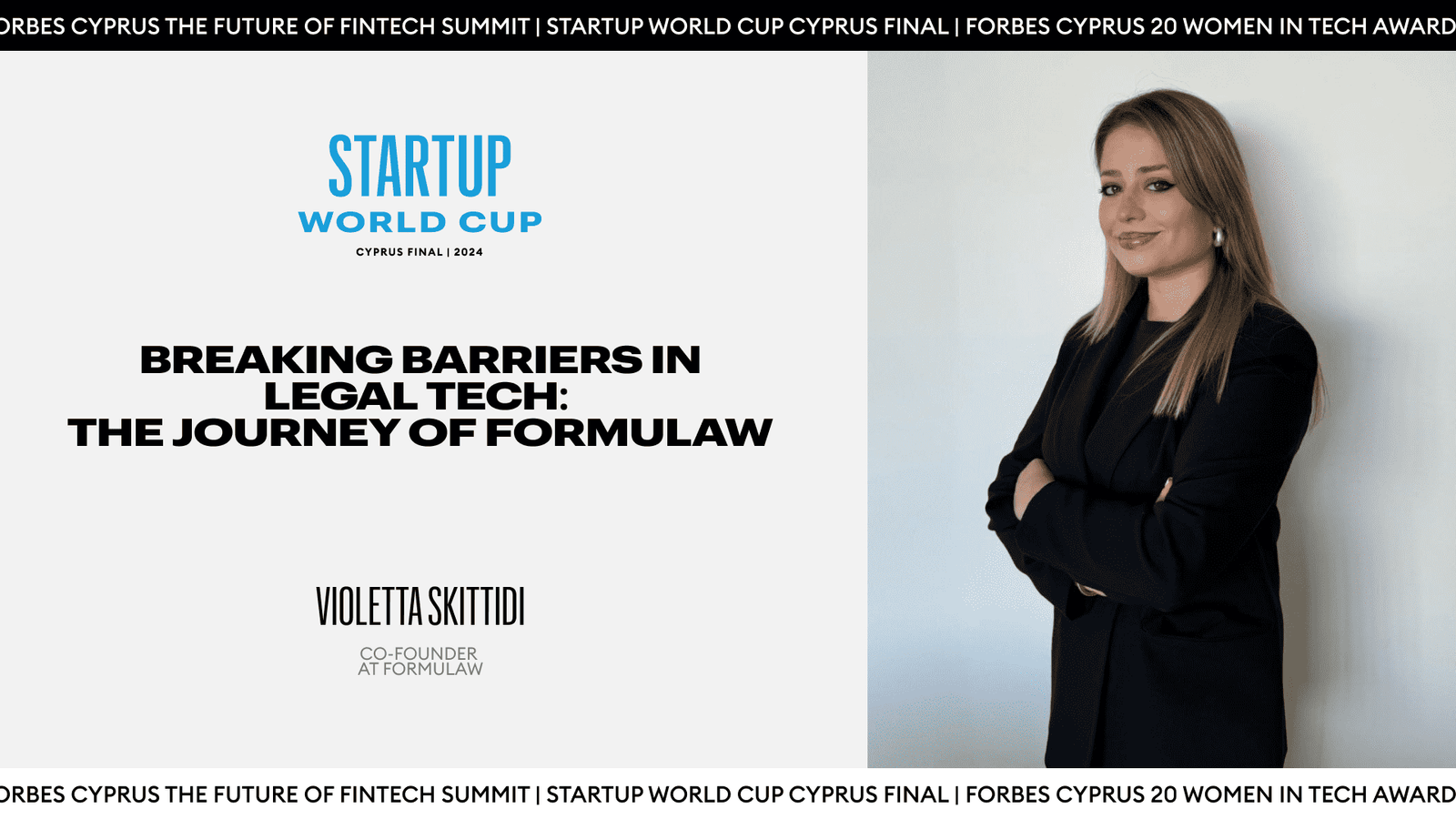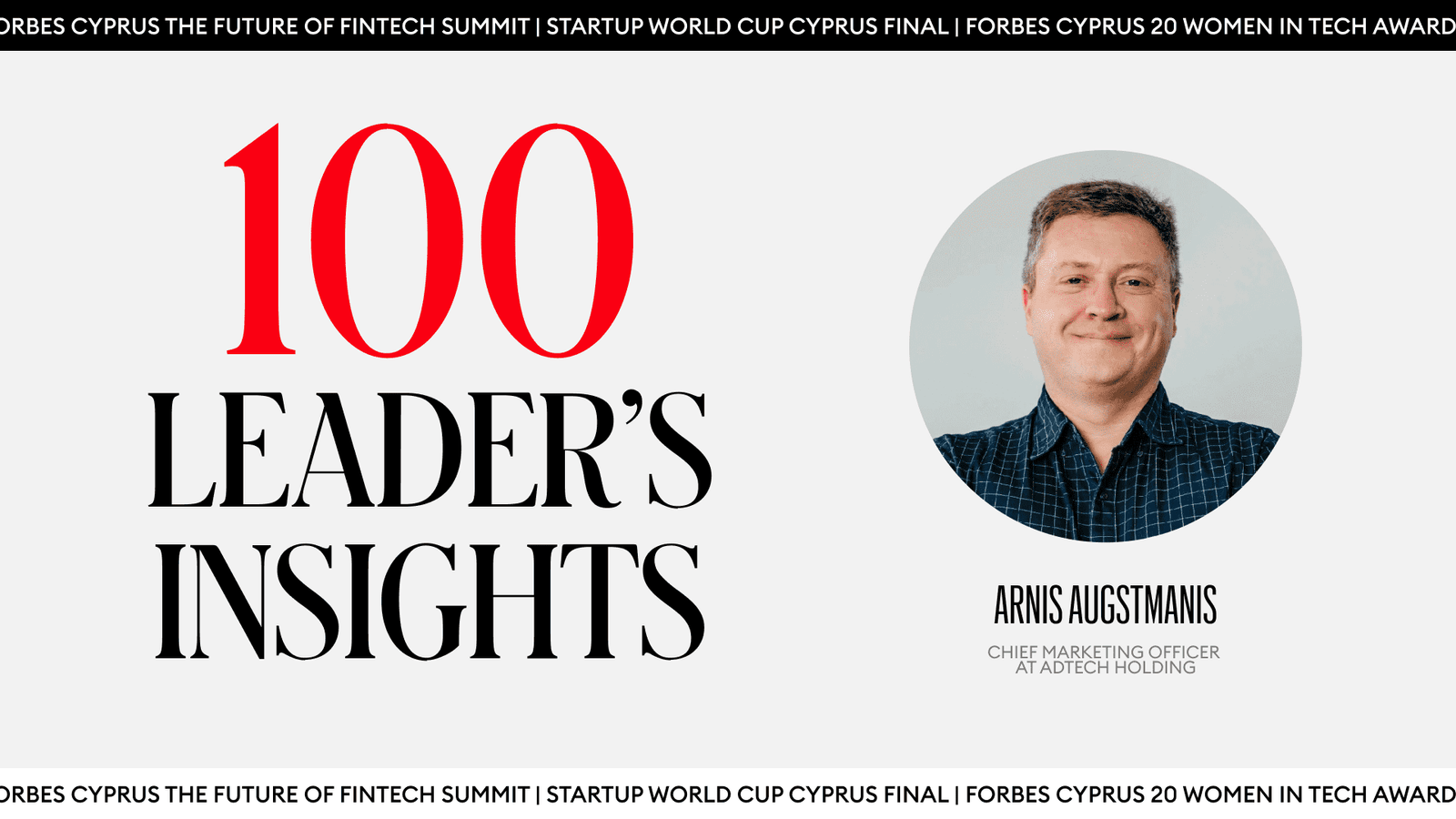The titles of the articles were plain and simple – “Hard rock band Kiss sells brand and songs for $300m” but for people who are into rock and metal music like myself, the titles don’t justify anything. This move by the historical music group was the end of an era.
In the world of the music industry though, selling the rights is not something new. Rod Stewart did it, Justin Bieber, Katy Perry, Bruce Springsteen, and even Bob Dylan did it. So why are they doing that? Well, some might say it is an exit strategy. After all, it is a 50-year-old band and they did a farewell live last December.
The KISS case
First of all, let’s see in detail what the band from New York did with their music rights. According to the reports, the hard rock group Kiss has transferred ownership of its entire collection of songs to a Swedish music investor for an estimated sum exceeding $300 million.
Pophouse Entertainment, situated in Stockholm, has additionally acquired the band’s identity, image, and intellectual assets. This transaction signifies Kiss’ withdrawal from live shows as part of their End of the Road World Tour.
Although specific information about the Kiss deal hasn’t been disclosed, it’s believed to resemble the arrangement made by the British band Genesis, albeit less lucrative than Michael Jackson’s catalog sale ($600 million).
Nonetheless, Pophouse will acquire not only the music rights but the entire Kiss brand, encompassing intellectual property sales. This ownership will enable the Swedish company to create future AI-generated content. Pophouse, having previously worked with Kiss on a digital avatar project last December, also orchestrated the Abba Voyage concerts using a comparable approach.
Pophouse said the first shows using the digital avatars are set to launch in 2027.
According to Forbes, Pophouse was co-founded in 2014 by Swedish billionaire Conni Jonsson and ABBA’s Björn Ulvaeus. In recent years, the company has inked deals with several prominent artists including Avicii, Swedish House Mafia, and, most recently, Cyndi Lauper. The company is behind Abba Voyage—a concert featuring digital avatars of the iconic Swedish pop group that plays at the Olympic Park in London five times a week.

Kiss, for those who don’t know them, is a legendary American hard rock band renowned for their flamboyant personas, elaborate stage makeup, and high-energy performances.
Formed in New York City in the early 1970s, the band quickly rose to fame with their unique blend of hard rock and theatricality. Consisting originally of Paul Stanley, Gene Simmons, Ace Frehley, and Peter Criss, Kiss became iconic figures in the music industry with their distinct makeup and costumes, each member adopting a persona such as The Starchild, The Demon, The Spaceman, and The Catman. Their music, characterized by anthemic choruses and powerful guitar riffs, has spawned numerous hits including “Rock and Roll All Nite,” “Detroit Rock City,” and “I Was Made for Lovin’ You”.
Over the decades, Kiss has maintained a dedicated fanbase and remains one of the best-selling bands of all time, known for their electrifying live shows and larger-than-life presence on and off stage.
The exit strategy
Kiss has been one of the most commercially successful rock bands in history, with multiple platinum albums, sold-out tours, and a highly lucrative merchandising empire.
Their earnings would include revenue from album sales, concert tours, merchandise sales, licensing deals, and various other ventures. Estimates suggest that Kiss’s collective earnings over their extensive career likely amount to hundreds of millions of dollars.
If we were to analogize Kiss as a startup and their sale of music rights as their exit strategy, we could draw parallels to a successful tech startup reaching a significant milestone. Much like a startup that has developed innovative products and built a strong brand, Kiss has established itself as a powerhouse in the music industry, creating iconic music and cultivating a dedicated fan base over the years.
The sale of their music rights represents a strategic decision akin to an exit for a startup, allowing the band to capitalize on the value they’ve created while opening new avenues for growth and innovation.
Just as startups seek exits to unlock shareholder value and pursue new opportunities, Kiss’s exit through the sale of their music rights marks a transition to the next phase of their journey, ensuring their legacy endures while enabling them to explore new ventures and creative endeavours.
The future is AI
As we mentioned, Pophouse has plans to create AI-generated. The concept is simple and involves using artificial intelligence algorithms to produce music, artwork, or other creative works. For Pophouse, this could involve utilizing AI technology to remix or reinterpret existing Kiss songs, create new music inspired by the band’s style, or even develop virtual performances or experiences featuring AI-generated avatars of Kiss members.
Given Pophouse’s track record of collaboration with Kiss on digital avatar projects and their involvement in the Abba Voyage concerts, it’s plausible that they are exploring ways to incorporate AI-generated content into their future endeavours. However, specific details about their plans would likely emerge through official announcements or press releases from the company.
The ethical considerations surrounding Pophouse Entertainment’s creation of AI-generated content without the involvement of the original creators of the music, such as Kiss, are multifaceted.
On one hand, there’s a moral obligation to respect the rights and creative input of the original artists, ensuring they receive proper credit and compensation for their work. Without their consent or participation, the creation of AI-generated content could be perceived as a violation of their intellectual property rights and artistic integrity.
However, there are instances where the development of AI-generated content can be seen as transformative or innovative, offering new avenues for artistic expression and exploration. In such cases, transparency, obtaining appropriate permissions, and fair compensation become crucial in navigating the ethical implications.






